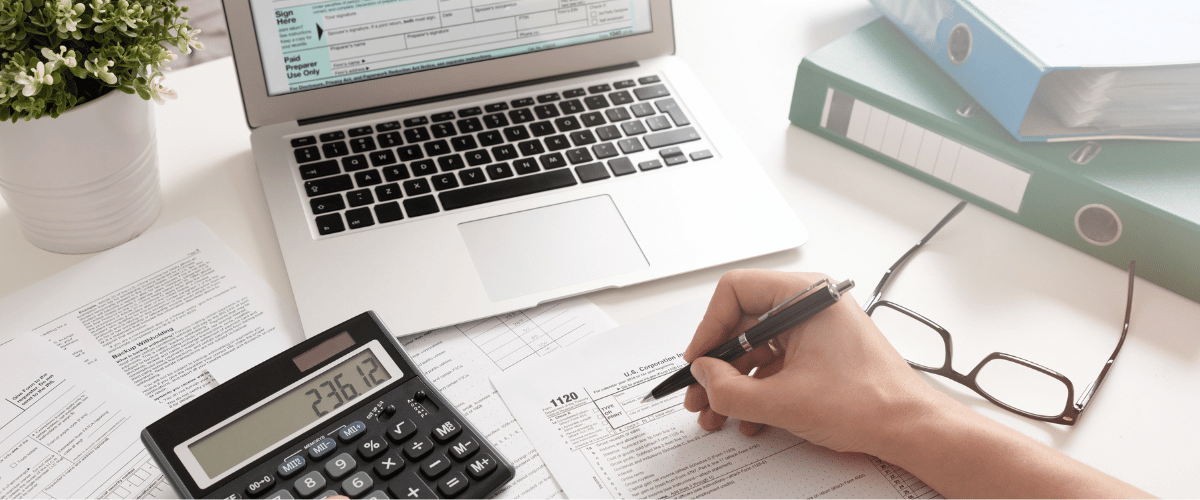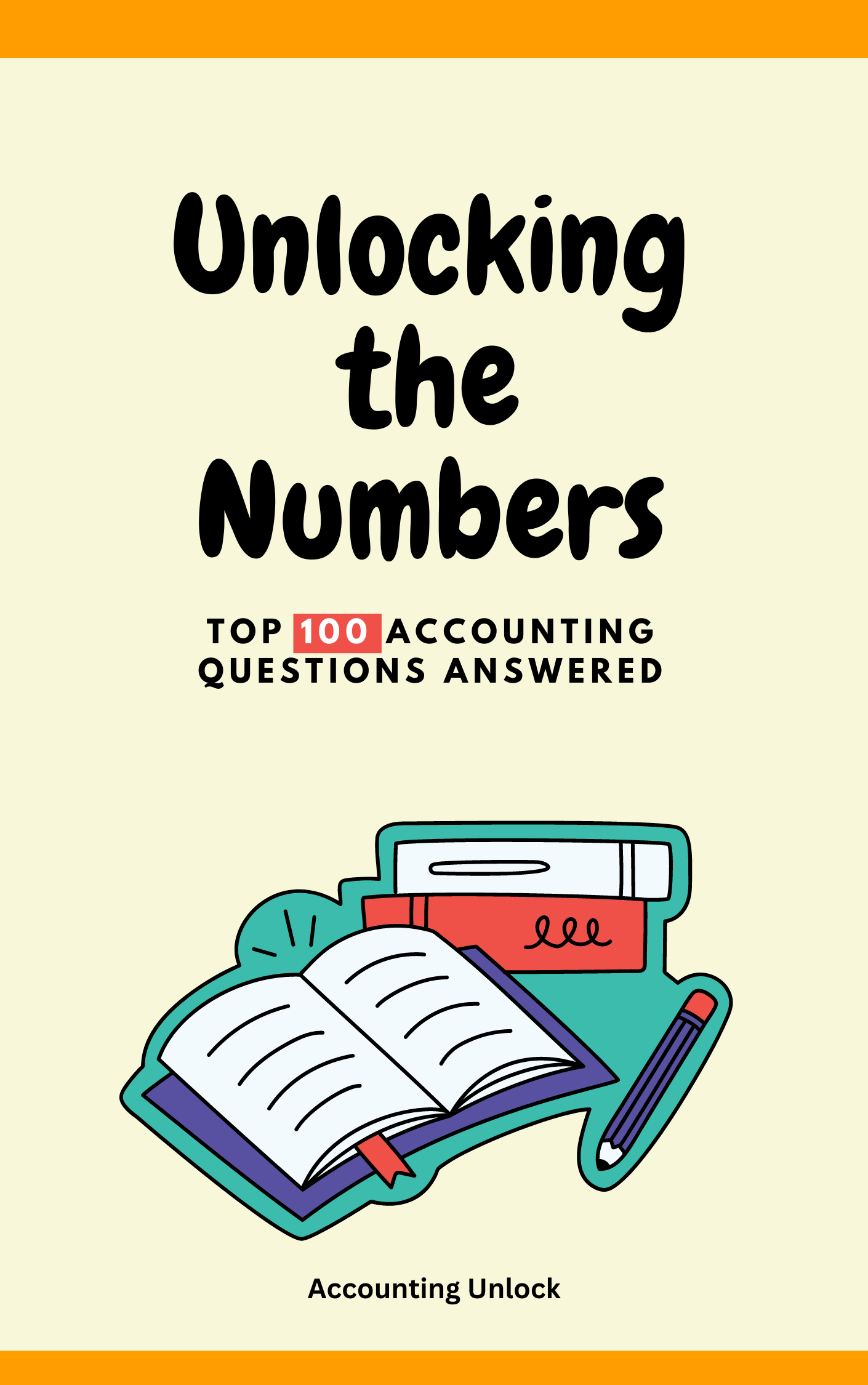Cost accounting is the process of allocating and recording all the expenses incurred until the final result while identifying the costs and allocations for each item.
It has a variety of objectives, some good and some bad. It is extremely beneficial in the finalization of financial statements.
Another advantage of cost accounting is that the per-unit cost of production for various items can be easily determined by accurately assessing all costs for the corresponding products.
Well-maintained accounts and proper allocation during the audit of cost records will shape the auditor’s perception of the company’s compliance efforts and motivate them to issue a favorable report on the accounts.
In this blog post, we will discuss the top 15 objectives of cost accounting and how they help different parties and businesses.
1. Cost Allocation
The main objective of cost accounting is to allocate all expenses incurred to the appropriate product and to break down the costs individually as and when they are incurred.
This helps to track the cost of each product or service and compare it with the revenue generated.
Cost allocation also helps to identify profitable and unprofitable products or services and take appropriate actions to improve their performance.
2. Per Unit Cost of Various Types of Products
Within a factory, various entities produce various types of products, and purchasing the required product is common for all products.
Then, by correctly analyzing all of the costs for the respective products, one can quickly determine the per-unit cost of production for various products.
This helps to set the optimal price for each product and ensure that production is efficient and profitable.
3. To Examine the Costs
Sometimes, the management wants to decide whether to produce the product in-house or outsource it.
Management must thoroughly examine the costs associated with producing the product in-house before making such a decision.
Then, make an informed decision by comparing it with the outsourcing proposal. Cost accounting helps to analyze the costs of different alternatives and select the best option for the business.
4. To Determine the Appropriate Per-Unit Price of the Product
By correctly allocating all the expenses incurred, one can easily judge the cost of producing or manufacturing the product and the number of units produced.
It is useful to management in determining the per-unit selling price of the product to be charged to the purchaser based on market demand and supplies while keeping the availability of the substitute in mind.
Cost accounting helps to determine the ideal and moderate price that can cover the costs and generate a reasonable profit margin.
5. To analyze the outcomes of various products
One can quickly determine the production results of each product, such as the cost incurred on material procurement, labor, overheads, and so on, for each product or department.
This helps to evaluate the performance of each product or department and identify the areas of improvement or optimization.
Cost accounting also helps to measure the efficiency and productivity of the resources used in the production process.
6. To Prepare Budgets
Every organization plans its fund utilization and prepares a budget for the production of each product, which needs an analysis of past costs and future requirements, which can easily be seen from the maintained cost records.
Cost accounting helps to prepare realistic and accurate budgets that can guide management in planning and controlling operations.
Budgets also help to monitor the actual performance, compare it with the planned performance, and take corrective action if needed.
7. To Control Costs
Cost accounting helps to control costs by providing timely and relevant information about the costs incurred and the variances from the budgeted costs.
This helps to identify the causes of the deviations and take remedial measures to reduce the wastage, inefficiency, or errors.
Cost accounting also helps to implement various cost control techniques, such as standard costing, marginal costing, budgetary control, etc., that can help to optimize costs and improve profitability.
8. To Reduce Costs
Cost accounting helps reduce costs by providing information about the cost behavior and the factors that affect the costs.
This helps to identify the opportunities for cost reduction and implement various cost reduction methods, such as value analysis, kaizen costing, lean production, etc., that can help to eliminate non-value-added activities, improve quality, and increase customer satisfaction.
9. To Ascertain the Profit of Each Activity
Cost accounting helps to ascertain the profit of each activity by deducting the costs from the revenues.
This helps to determine the contribution of each activity to the overall profit and the profitability ratio of each activity.
Cost accounting also helps to calculate the break-even point, the margin of safety, and the profit-volume ratio of each activity which can help to assess the risk and return of each activity.
10. To Assist Management in Decision-Making
Cost accounting helps to assist management in decision-making by providing relevant and reliable information about the costs and benefits of different alternatives.
This helps to make rational and informed decisions that can maximize profit and minimize cost.
Cost accounting also helps to provide information for various managerial decisions, such as make or buy, product mix, pricing, outsourcing, expansion, etc., that can affect the future of the business.
11. To Comply with Legal Requirements
Cost accounting helps to comply with legal requirements by maintaining proper and accurate records of the costs and providing the necessary information to the authorities.
Cost accounting also helps to prepare the cost statements and reports that are required by the law or the regulations for various purposes, such as taxation, price fixation, subsidy, etc.
Cost accounting also helps to ensure that the costs are allocated and apportioned as per the accepted principles and standards.
12. To Set Industry Standards
Cost accounting helps set industry standards by providing information about the best practices and benchmarks for the costs and performance of the industry.
This helps to compare the performance of the business with industry standards and identify the gaps and areas of improvement.
Cost accounting also helps to adopt industry standards and improve the quality and efficiency of the production process.
13. To Fix the Price of Products
Cost accounting helps to fix the price of products by providing information about the cost of production and the market conditions.
This helps to determine the optimal price that can cover the costs and generate a reasonable profit margin.
Cost accounting also helps to consider various factors that affect the price, such as demand and supply, competition, customer preferences, government policies, etc., and adjust the price accordingly.
14. To Measure the Efficiency of the Resources
Cost accounting helps measure the efficiency of resources by providing information about their utilization and productivity.
This helps to evaluate the performance of the resources and identify areas for improvement or optimization.
Cost accounting also helps to measure the efficiency of the workers and reward them with incentives and bonuses based on their output and quality.
15. To Benefit Different Parties
Cost accounting helps to benefit different parties, such as customers, employees, investors, the government, etc., by providing information about the costs and profits of the business.
This helps to improve the transparency and accountability of the business and enhance the trust and confidence of the stakeholders.
Cost accounting also helps to benefit customers by providing them with quality products and services at reasonable prices.
Cost accounting also helps to benefit the employees by providing them with fair wages and incentives based on their efficiency.
Cost accounting also helps to benefit investors by providing them with accurate and timely information about the financial performance and position of the business.
Cost accounting also helps to benefit the government by providing them with information for taxation, regulation, and policy-making.
Conclusion
Cost accounting is an essential and useful tool for any business that wants to achieve its objectives and goals.
Cost accounting helps to allocate, record, analyze, control, reduce, and report the costs and profits of the business. Cost accounting also helps to assist management in decision-making and planning.
Cost accounting also helps to comply with legal requirements and set industry standards. Cost accounting also helps to benefit different parties and stakeholders of the business.
Cost accounting is not only a technique but also a philosophy that can help improve the efficiency and effectiveness of a business.





